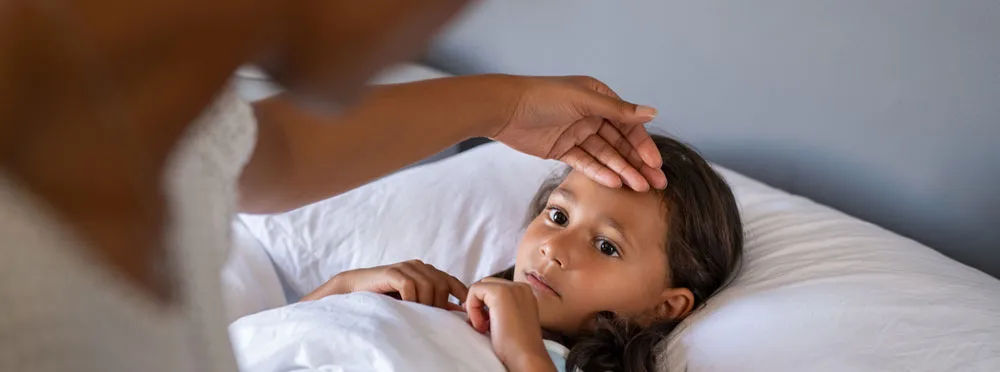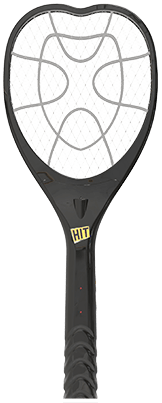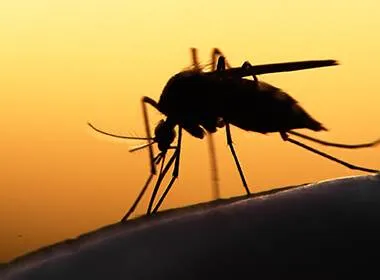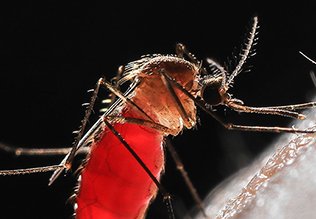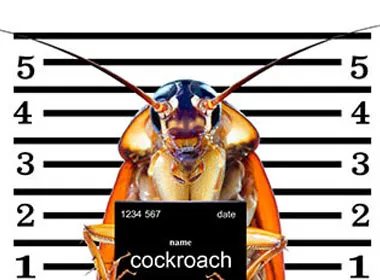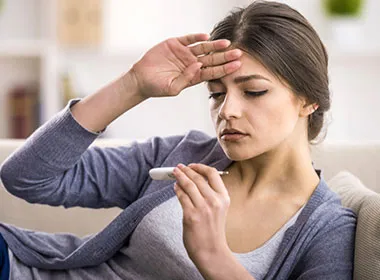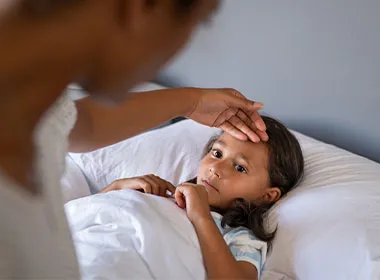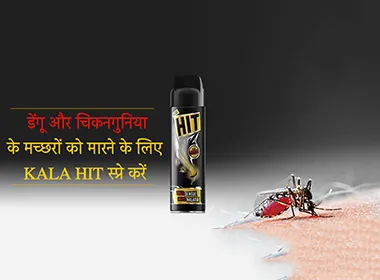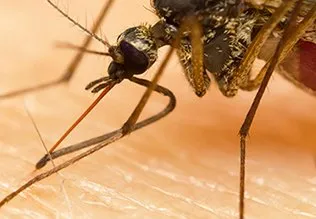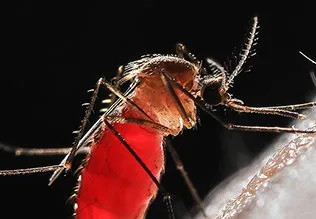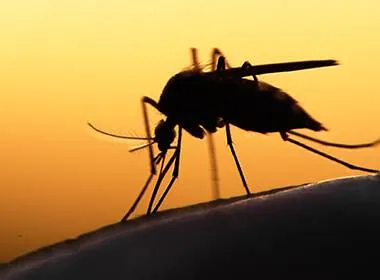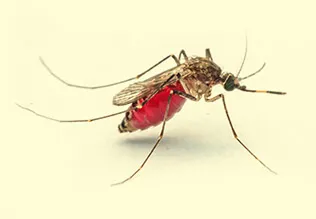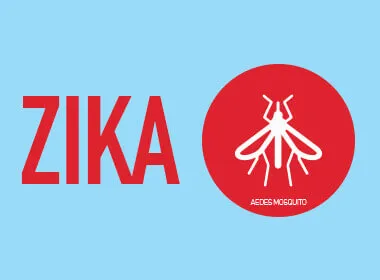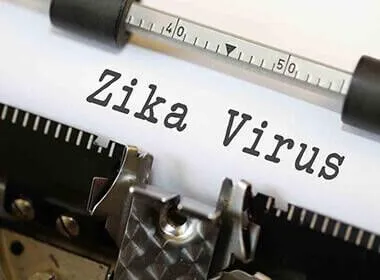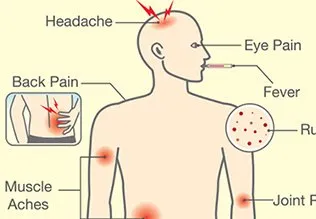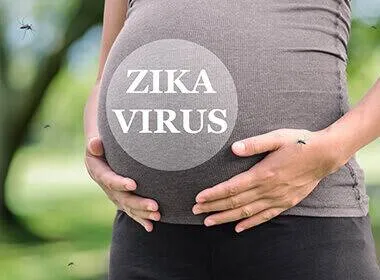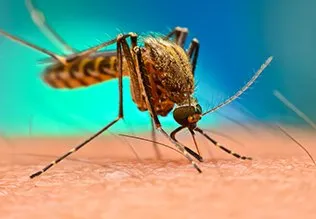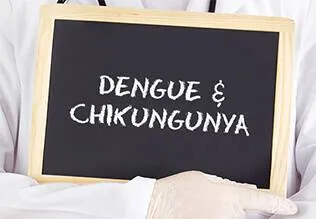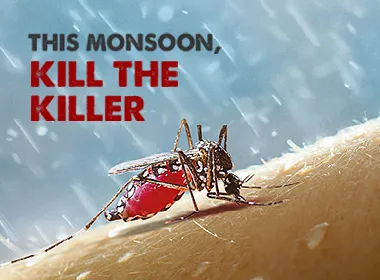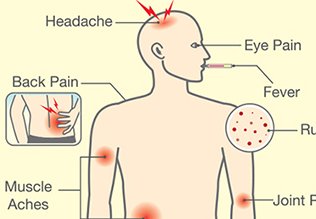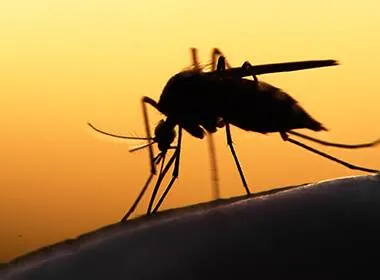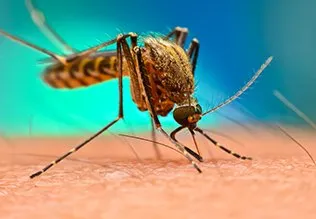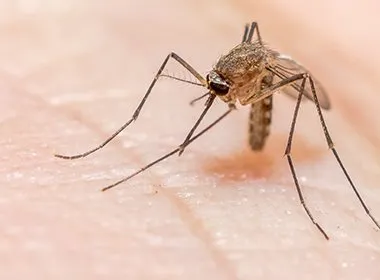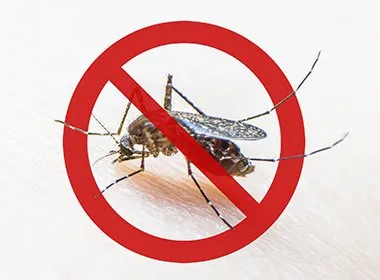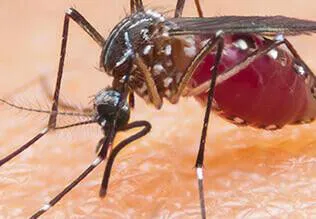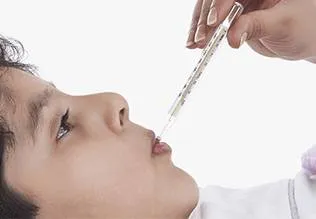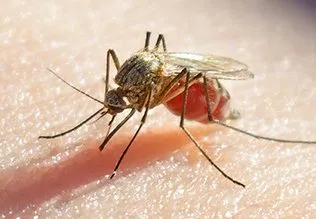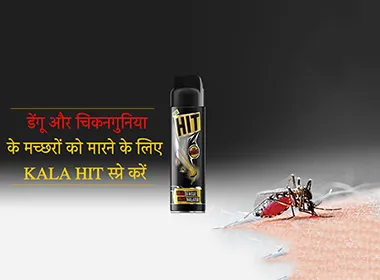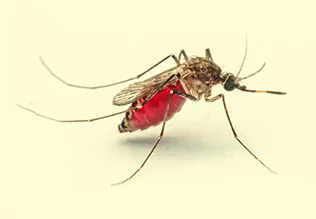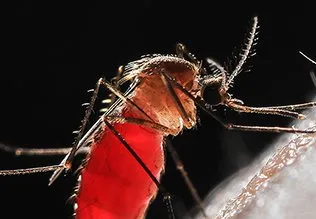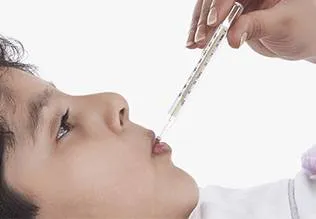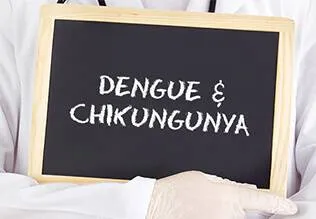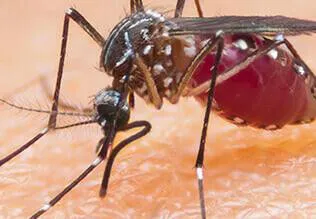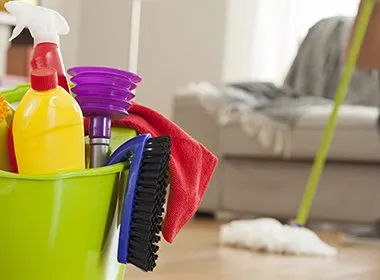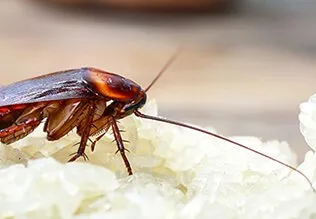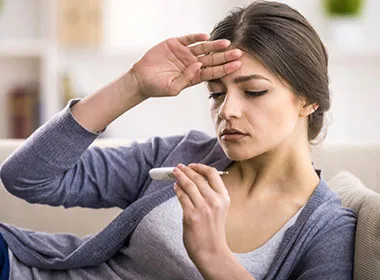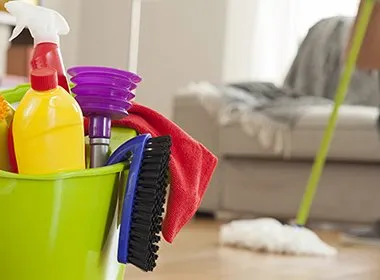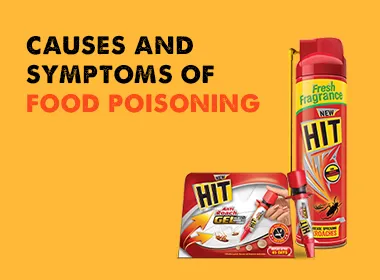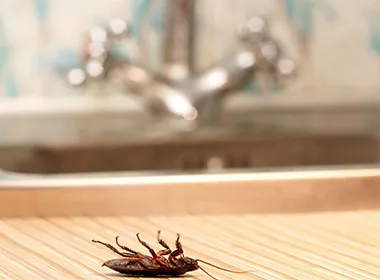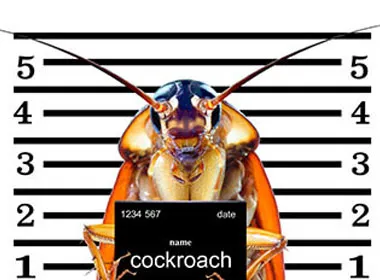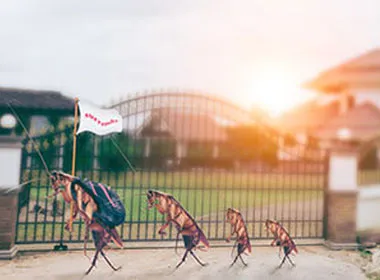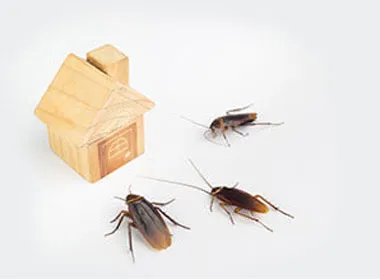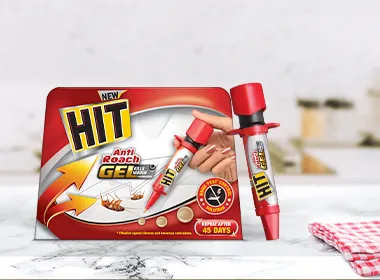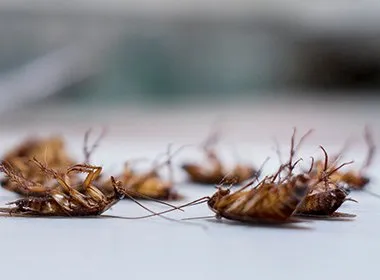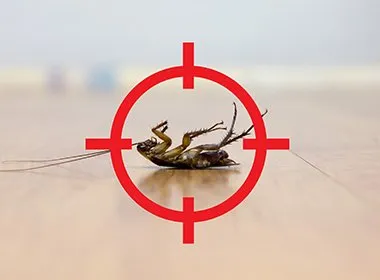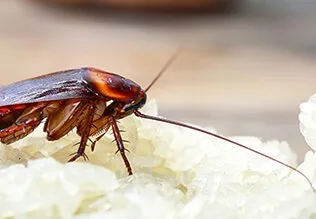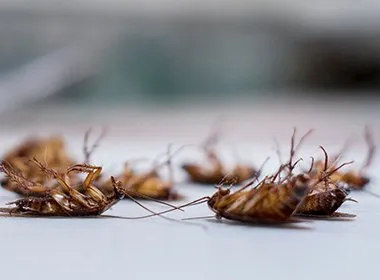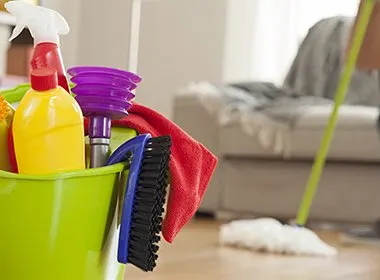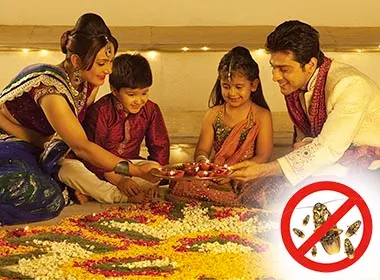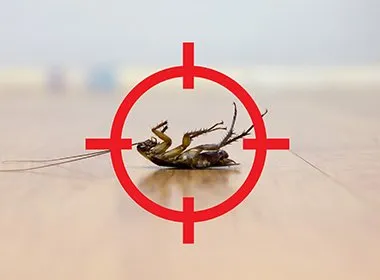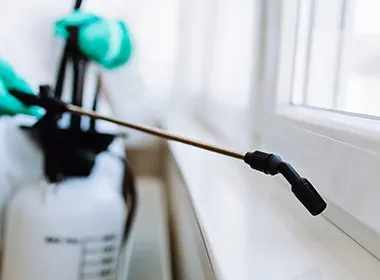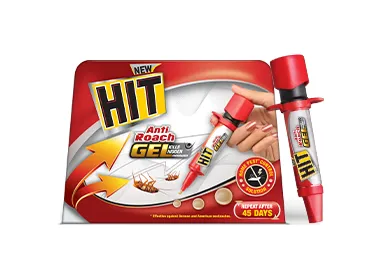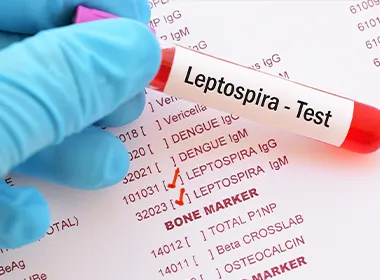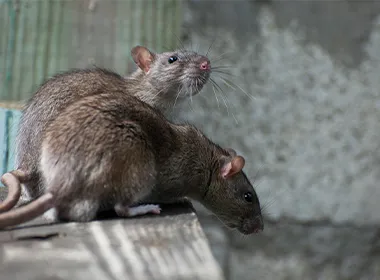Dengue Fever in kids- 7 Symptoms To Look Out For
In current times, waking up with a fever can make you truly anxious. One would think that they too have fallen prey to the novel virus. But before you decide for yourself, first make sure that you haven’t succumbed to dengue fever, which is still very prevalent and can prove to be serious if not attended to immediately.
Even though we all have read and heard about people affected with dengue fever, it really doesn’t hit you until one of your own contracts this deadly disease. I remember my maid telling me gory details of her husband's near touch with death when he contracted dengue fever. The symptoms of dengue and the after-effects were still etched in my mind, and they terrified me. But when my own son was showing symptoms, I dismissed it as regular flu. Do read on to know the dengue fever symptoms in children and how we tackled dengue fever.
It was a regular day. I had just finished up my household chores and sat down with my 6-year-old to finish his homework. He was looking unusually dull that evening. Generally, once he is back from his skating classes, he has numerous stories to share about his friends and their skating mishaps. But that day he sat listlessly, with a pencil in his hand, trying to attempt a question in his Maths notebook. His milk lay untouched and his lips appeared a deep shade of red. I immediately knew that he was going to fall sick. I stretched out my palm and touched his forehead which as predicted was burning.
The thermometer showed a temperature of 102 degrees f. I gave him some paracetamol and settled him down. He refused to eat anything that night. All this was nothing new. He was showing the typical symptoms of viral fever. I too slept off and kept waking up at regular intervals to check on his temperature. The next morning his fever was still high. Again I gave him paracetamol, hoping for it to come down soon. By day three, his fever showed no signs of receding. He also complained of a headache and I noticed that his body was covered with rashes. Suddenly the alarm bells began ringing in my head. This did not seem to be a case of the regular flu.
I decided to take my son to the hospital immediately. He was so weak, that he could not even get up from the bed to get dressed. Seeing him in such a state was one of the most distressing moments of my life. My lively, energetic, little boy lay limply on the bed as I clothed him. I quickly scooped him into my hands and placed him gingerly on the back seat of the car. As we were staying in the cantonment area, there was a Military hospital located just a kilometer away.
As I rattled off the various symptoms, the pediatrician asked us to immediately go in for blood tests. Waiting for the results was sheer agony. The results confirmed my worst fears. My son had dengue fever.
Thankfully my son didn’t have a bad attack of dengue fever. But being a military hospital, my son was admitted and the administration of intravenous fluids began. His fever began coming down. And within a week we were back home. Even though I was all alone during that entire period, with my husband away due to prior work commitments, I had helpful neighbors and friends who were more than willing to lend a helping hand. They would send chicken broth which would thankfully not be turned away by my son who was robbed of all his appetite, courtesy the dengue fever. Another home remedy was the awfully bitter papaya leaf juice which is known to be highly effective in beating the dengue fever.
It’s definitely not an illness that you would want anyone to endure, especially children. Even once the fever subsides the weakness lingers on for a long period which can take a toll on your child’s health and wellbeing.
What is Dengue Fever?
Dengue fever is caused by a virus carried by mosquitoes in tropical areas. The virus can cause symptoms like fever, headaches, rashes, and pain throughout the body.
Dengue fever is transmitted through the bite of an Aedes mosquito infected with the dengue virus.
When an Aedes mosquito bites a person who has already been infected with a dengue virus, the mosquito can also become a carrier of the virus. If this mosquito then goes on to bite someone else, the person gets infected by the dengue fever. This virus however cannot spread directly from person to person.
In some rare cases, dengue fever can lead to a very serious form of the disease called Dengue Hemorrhagic Fever or DHF. This form of dengue can end up being life-threatening and needs to be treated immediately.
While symptoms of dengue in kids and those who are experiencing the disease for the first time are mild, older kids, adults, and those who have had a previous infection may have moderate to severe symptoms.
Below are some common signs and symptoms of dengue in kids that a parent should look out for
- High fever, can even be as high as 105 degrees f- In most cases, dengue fever in children begins with flu-like symptoms like high-grade fever, runny nose, cough, and weakness.
- Severe headache- Affected children may experience variations of physical discomfort like headache, dull throbbing pain behind their eyes, muscle and joint aches, etc.
- Change in behavior- Children may exhibit more irritability and fussiness than usual. His appetite will drop and a change in sleep pattern can also be observed.
- Rashes over the body- A common symptom of dengue fever is an itchy skin rash that appears in patches. Another symptom to look out for is a constant itch that can appear on the soles of feet.
- Bleeding from the nose or gums
- Mild bruising
Generally, the dengue symptoms and signs like fever, rash, and headache often referred to as the dengue triad is characteristic of dengue.
Another name for dengue fever is also dandy fever or break-bone fever owing to the severe bone and muscle pain it can cause. Often the pain can be so bad that it can feel equivalent to bones breaking.
Diagnosis and Treatment of Dengue Fever
The symptoms of dengue fever can be observed from 4 days to 2 weeks post being bitten by an infected mosquito, and generally lasts for about 2 to 7 days. Often the period after the fever begins to subside is crucial for those people with DHF (dengue hemorrhagic fever). Severe bleeding, gastrointestinal problems like nausea, vomiting or severe abdominal pain, and respiratory problems like difficulty in breathing. Also, a drop in blood pressure, dehydration, and heavy bleeding can happen if DHF goes untreated. These symptoms are life-threatening and need immediate medical attention.
How Is Dengue Fever Diagnosed?
If you think your child is exhibiting any of the above symptoms and you suspect he/she has dengue fever, then please contact your doctor right away.
To make a diagnosis, the doctor will physically examine your child and evaluate the symptoms. Do inform your doctor if your child has been to a region recently that has dengue fever and has a fever or severe headache. The doctor will send a blood sample to the diagnostic lab for testing, which will help to confirm whether your child has dengue fever or not.
Treatment of Dengue fever
Currently, there is no specific treatment for dengue fever. However, in most cases, dengue fever goes away within a few days to a month. But if someone has severe symptoms, medical attention must be sought immediately, as it could be signs of DHF which can be life-threatening,
There are a couple of ways in which you can reduce the discomfort caused by dengue fever and speed up your child’s recovery from this illness.
- Make sure your child is drinking enough fluids and water along with healthy meals. Ensuring that your child sleeps well is essential for his recovery. A healthy diet and sufficient rest will help strengthen his immunity and destroy the virus.
- Pain relievers like acetaminophen may be prescribed if your child is experiencing unbearable muscle and joint aches associated with dengue fever. Also, pain relievers like aspirin or ibuprofen should be avoided, as they can make bleeding happen.
To treat severe cases of dengue fever, doctors will give intravenous fluids and electrolytes to replace fluids lost through vomiting or diarrhea. If administered on time, this is sufficient to treat the disease in severe cases of dengue fever. However, in some advanced cases, a blood transfusion may be needed.
- There are also a number of home remedies that can help improve your child’s platelet count and immunity. Giloy and guava juice to build immunity, papaya leaf juice to increase platelet count, are some ways in which you can fight dengue fever effectively.
- Including generous amounts of immunity building foods in your child’s diet, like citrus fruits, almonds, turmeric, garlic, etc will help in strengthening your little ones' immunity and aid in quick recovery.
Lastly, efforts must be made to keep the infected child from being bitten by any mosquitoes as this will help in preventing the spread of dengue fever to others.
Can Dengue Fever Be Prevented?
As there are no vaccinations to prevent dengue fever, the best protection is to ensure that your child does not get bitten by an infected mosquito. Prevention is better than cure when it comes to dengue fever and there are several ways in which you can protect yourself and your family from this illness
- Use screen meshes on door frames and windows to keep mosquitoes out without compromising on the ventilation aspect. Ensure good quality screens are installed, which are less likely to rip as mosquitoes can make way into your house even through the smallest possible opening. Also, fix any tears in the mesh or broken and damaged screens as soon as possible. All unscreened windows and doors must be kept closed.
- Ensure kids are wearing long-sleeved shirts, long pants, shoes, and socks, whenever they step outside the house.
- Even one mosquito is enough to cause dengue fever. Hence we should ensure that all are killed without even leaving one behind. To keep your family protected use a mosquito killer like KALA Hit. Kala Hit kills all mosquitoes and prevents the spread of dangerous diseases like Dengue, Chikungunya, Malariaetc. that hide in the corners of the house. It is also available in lime fragrance, known as KALA HIT LIME.
- Limit outdoor activities of kids especially in the hours around dawn and dusk when mosquitoes are most active. Keep the kids engage with fun indoor activities like board games etc.
- Don’t give mosquitoes places to breed in. They lay their eggs in stagnant water, so get rid of any sources of standing water like containers, mugs, basins, pots, buckets including draining sinks and bathtubs too. Ensure that the water is removed or covered.
Mosquitoes are found in almost every part of the world and the only thing they need is water to breed. Hence controlling the mosquito population becomes very difficult and at times even the preventive measures may have little effect. The key here is to use a mosquito killer like Kala HIT.
Kala Hit kills mosquitoes instantly by reaching even the deepest corners of your house. In order to eliminate all the mosquitoes in your house, you need to firsts identify the various areas where they tend to hide. They can be found behind the curtains, under the sofa, under the TV cabinet, under the wardrobe, under the bed, under the sink, and even inside cupboards.
By spraying Kala hit every day at around 6pm in the evening, you can mosquito-proof your house effectively. The Kala hit lime will help eliminate mosquitoes while spreading a pleasant lime fragrance.
Taking the above-mentioned precautions to prevent your child from contracting the disease becomes crucial especially due to the lack of a cure or vaccine for dengue fever.
You can also check out Hit anti-roach gel for killing cockroaches, and mosquito racket killer for killing mosquitoes, and Hit rat killer cake for killing rats.
Tips and tricks to make your home pest-free!




